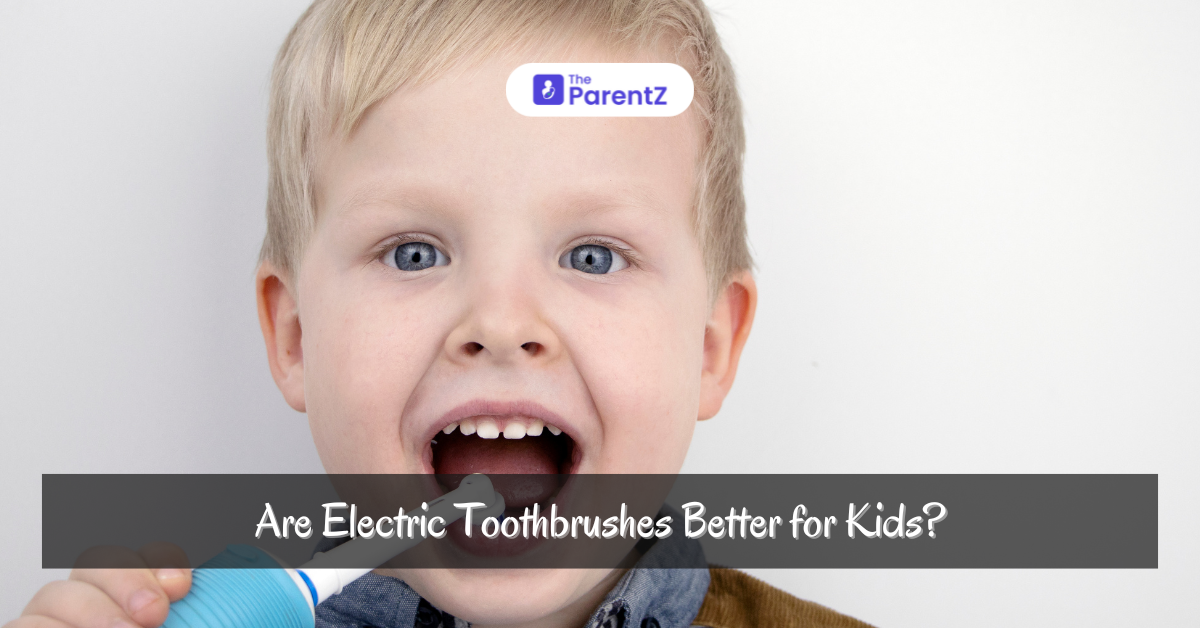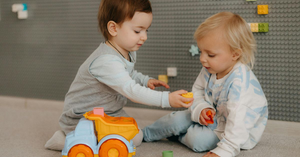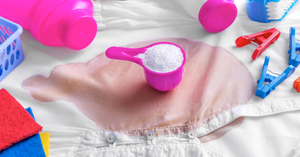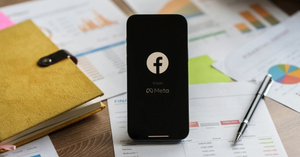Good oral hygiene starts early, and one of the key factors in maintaining a child's dental health is their choice of toothbrush. Parents are often faced with the decision of whether to stick with traditional manual toothbrushes or opt for electric ones. While electric toothbrushes have gained popularity among adults, the question remains: Are electric toothbrushes better for children? In this article, we’ll dive into the pros and cons of electric toothbrushes for kids and how they compare to manual toothbrushes.
The Importance of Good Oral Hygiene for Kids
Before discussing which toothbrush is better, it’s essential to understand why oral hygiene is so important for children. Developing healthy habits early on can prevent a host of dental problems later in life, including cavities, gum disease, and bad breath. Additionally, children who brush regularly and effectively are more likely to maintain those habits into adulthood.
The challenge, however, is that many children see brushing their teeth as a chore. They may rush through it or not brush thoroughly, leading to incomplete cleaning. This is where electric toothbrushes can potentially help.
Benefits of Electric Toothbrushes for Children
1. Improved Plaque Removal
One of the primary benefits of electric toothbrushes is their ability to remove plaque more effectively than manual ones. Studies have shown that electric toothbrushes, with their rotating or vibrating heads, can remove more plaque, especially in hard-to-reach areas. For children, who may not have the dexterity or patience to brush thoroughly, this can be a significant advantage.
2. Fun and Engaging for Kids
Getting children excited about brushing their teeth can be a challenge. Many electric toothbrushes designed for kids come with fun features like music, timers, and colorful designs, making the brushing experience more enjoyable. Some even have apps that allow children to “earn rewards” for brushing correctly, turning it into a game. When brushing becomes fun, children are more likely to do it consistently and properly.
3. Built-in Timers Ensure Proper Brushing Time
Most dentists recommend brushing for two minutes, but many children (and even adults) fail to brush for the full duration. Electric toothbrushes often come with built-in timers or vibrations that signal when it’s time to switch areas of the mouth. This ensures that children are brushing for the correct amount of time and covering all areas of their teeth and gums.
4. Gentle on Gums and Teeth
Electric toothbrushes are designed to apply consistent pressure, which can help prevent children from brushing too hard and damaging their sensitive gums. With manual brushing, children might apply uneven pressure, leading to potential gum irritation or even tooth damage over time.
Potential Downsides of Electric Toothbrushes for Kids
1. Cost
One of the main drawbacks of electric toothbrushes is their cost. They are generally more expensive than manual toothbrushes, and parents will also need to replace the brush heads regularly. Additionally, if the toothbrush has a rechargeable battery, it may need charging frequently, which could be inconvenient for some households.
2. Over-reliance on Technology
While electric toothbrushes do much of the work, it's still crucial to teach children proper brushing techniques. Some parents worry that children might become too reliant on the electric toothbrush and not learn how to brush manually, which could be a disadvantage in situations where an electric toothbrush isn’t available.
3. Not Always Ideal for Very Young Children
For toddlers and very young children (under 3), an electric toothbrush may feel uncomfortable or too intense. In these cases, a manual toothbrush with soft bristles may be a better option until the child is ready for an electric version.
Manual vs. Electric: Which is Better?
The decision between electric and manual toothbrushes largely depends on the child’s needs, preferences, and age. Here’s a brief comparison:
- Effectiveness: Electric toothbrushes are generally more effective at removing plaque, especially for kids who struggle with manual brushing techniques.
- Engagement: Electric toothbrushes tend to make brushing more engaging, which can help instill good oral hygiene habits.
- Cost and Accessibility: Manual toothbrushes are more affordable and don't require batteries or charging, making them a practical option for many families.
Ultimately, both types of toothbrushes can be effective when used properly, and the key is ensuring that children brush regularly and for the correct duration.
Conclusion
So, are electric toothbrushes better for children? In many cases, yes. Electric toothbrushes offer several advantages, including improved plaque removal, engagement through fun features, and built-in timers. However, they may not be necessary for all children, especially very young ones or those who brush well with a manual toothbrush. Parents should weigh the pros and cons, considering factors like cost, the child’s age, and personal preference. Whether you choose electric or manual, the most important thing is that your child develops and maintains healthy brushing habits that will last a lifetime.









Be the first one to comment on this story.